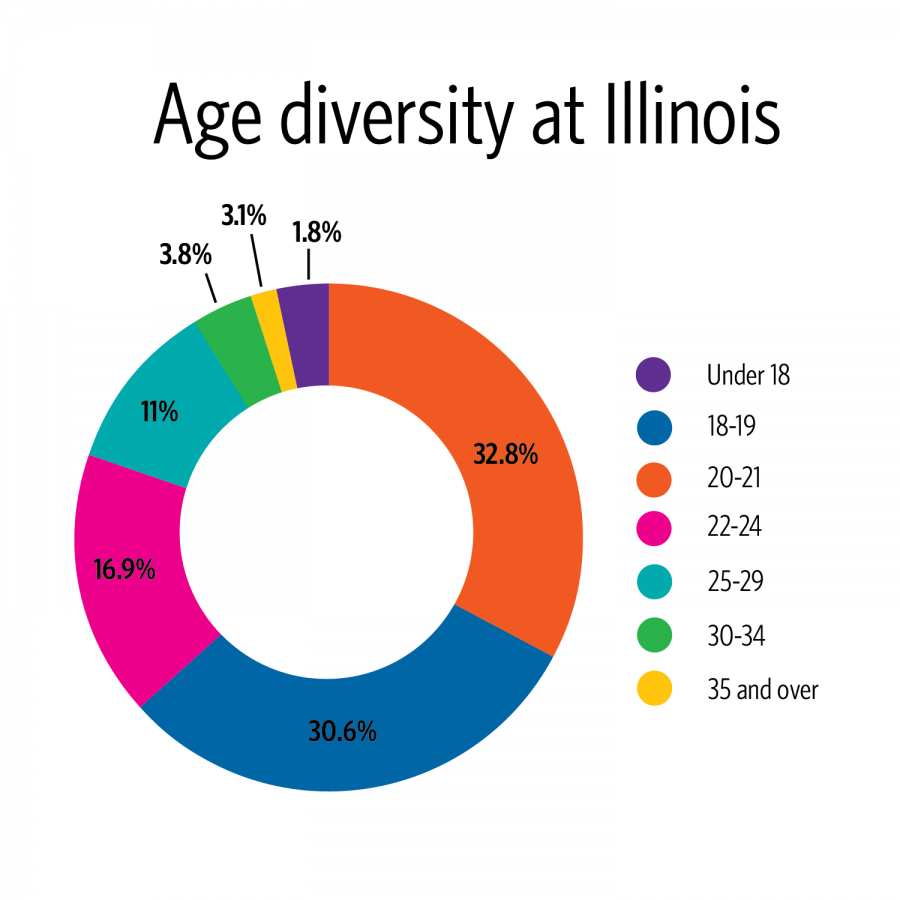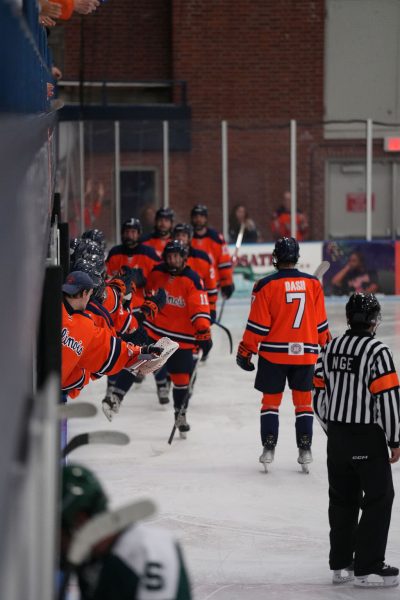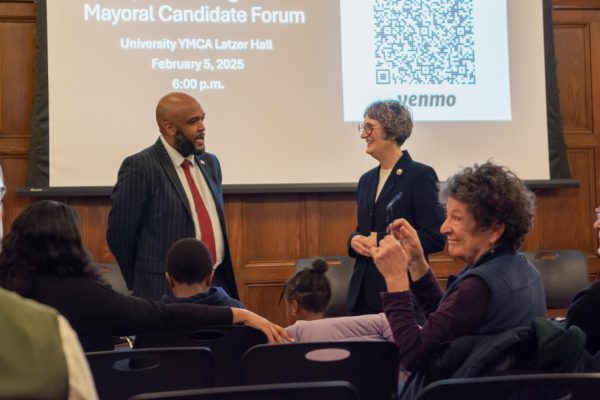Older students reflect on age differences, experiences
Source: College Factual
October 31, 2018
For most students at the University, their ages range between 18 and 22 years old.
In many cases, students who leave high school after senior year and enter college the following semester are seen as the societal norm. However, the University also hosts students whose ages vary outside of that traditional range.
Josh Reed, 25, is currently a junior at the University. After high school, Reed decided to go straight into work instead of attending a college or university.
This went on for a year before he enlisted in the Air Force and eventually landed in Champaign-Urbana in 2018. As a result of Reed’s four years of service, his education is paid for by the U.S. Department of Veterans Affairs. This allowed him to attend the University without needing to work another job while he’s in school.
“It’s really nice because I have actual time to do the things I need to. Like, I can take a higher course load because I have that free time,” Reed said.
Get The Daily Illini in your inbox!
Even though most students are only three or four years younger than Reed, he noted the difference in their experiences makes that age gap feel much wider.
“It was literally four years, but I’d say it was nine or 10 in terms of maturity,” Reed said.
From his experience, the notion students should take time between high school and college seems like a fair option.
“If people took a year or two to get to know who they are and what they want, they wouldn’t run into a lot of issues in college,” Reed said.
Examples of these issues are switching majors late in a college career and spending thousands on tuition without an intended path in mind. The break from over a decade of schooling is what he believes will better prepare students.
“We start school at 4 or 5 and go until 18, and society wants you to go straight to college, not being mature enough for it yet and being forced to mature in college,” Reed said.
Reed’s mother and father said they were happy for Josh when he returned to college because they realized he’d only go back if it was something he wanted to do.
Anita Clifton is another student studying past the traditional age range. She has two bachelor’s degrees but is attending the University as a non-degree-seeking student at the age of 47.
The biggest obstacle she faces at Illinois is the technology teachers and students have adopted in the classroom.
“I do find myself spending more time on a project that requires that much use (of applications) than an average college student does because of my age and familiarity,” Clifton said.
Her struggle becomes an issue in situations that may involve submitting documents or other media electronically. Even with learning how to use applications like Gimp and Google Drive, Clifton is looking ahead and trying to prepare for applications she’ll be expected to use next.
“I don’t do Instagram, and I feel like that’s something else that’s coming at me pretty soon, too,” Clifton said.
Aside from learning new applications, Clifton has responsibilities she juggles outside of the classroom.
“The challenge that I face to get time carved out for assignments and homework is different,” Clifton said.
Without having the ability to sit back and relax for a few hours after a day of classes, Clifton is constantly on the go, especially while raising her four kids.
“I don’t have much downtime,” she said.
Regardless of her busy life, Clifton can stop and reflect on the ideas of fellow students she is interacting with on a daily basis.
“What I hear from these kids in the classroom is so much above the level that I was at, at 20,” Clifton said.
Annie Clifton is Anita’s daughter and said she looks up to her mother as an example.
“If whatever I decide to study or do after high school doesn’t work out, I can go by my mom’s example and go back to school to learn to do something that I enjoy more,” Anna said.
Regardless of her age, Anita is able to identify with the current traditional age range of students coming through the University. Her ability to self-reflect is what allows her to work alongside and understand younger students.
“Folks who are in college and are 19, 20, 21, 22, they are in a different season of life. I had that season,” Clifton said.
Having lived through the ups and downs of college already has allowed her to become a trusted adviser to some students in the classroom setting.
“I’ve met students who feel they can tell me things that they may not have told their close friends because they don’t know how they’ll react,” Clifton said.
It’s these experiences that give a unique value to her time at the University. In the cases of Reed and Clifton, they bring a different sense of wisdom to the classroom with “real-world” understanding.
“There’s a certain advantage that comes with going to college after being in the real world because I think I’m able to absorb more out of this experience,” Reed said.







